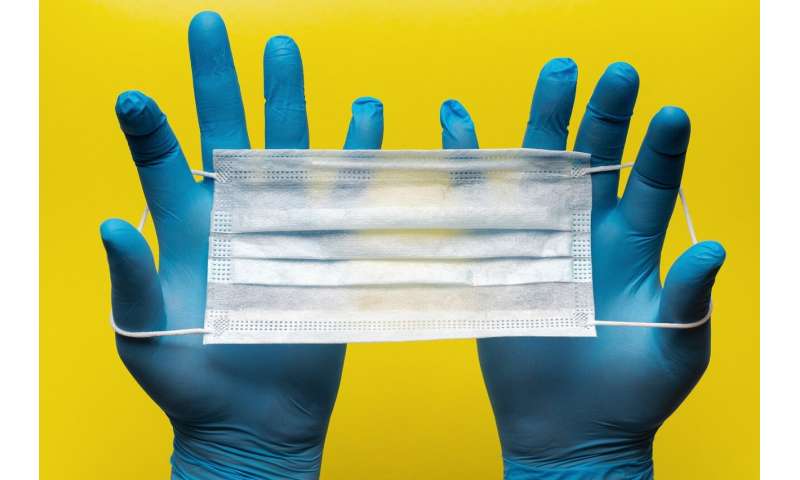

The diverse situations experienced by health-care workers during the COVID-19 pandemic often present serious ethical challenges. From the allocation of resources and triage protocols to health-care worker and patient rights and the management of clinical trials, new ethical questions have come to the forefront of today’s global public health emergency.
In an editorial in the journal AJOB Empirical Bioethics, three nurse researchers provide ideas for meaningful empirical bioethics research related to the COVID-19 pandemic to aid clinicians in ethical decision-making approaches.
“Empirical bioethics research on decision-making during this pandemic can contribute to a body of evidence describing these unique ethical challenges, as well as the failures and successes of the decisions made to address and resolve them,” writes Connie Ulrich, Ph.D., RN, FAAN, Lillian S. Brunner Chair in Medical and Surgical Nursing and Professor of Nursing at the University of Pennsylvania School of Nursing (Penn Nursing), one of the co-authors.
The researchers outline a number of areas of opportunity in COVID-19-related bioethics studies, including:
- Descriptive studies defining current practices, opinions, and policies to inform research and interventions.
- Insight into sources and different constraints that lead to moral distress of health-care workers on the front lines of the pandemic.
- Assessment of the extent of which clinical practice reflects purported ethical norms.
- Development and testing of interventions aimed at closing the gap between reality and ethical ideals.
Source: Read Full Article